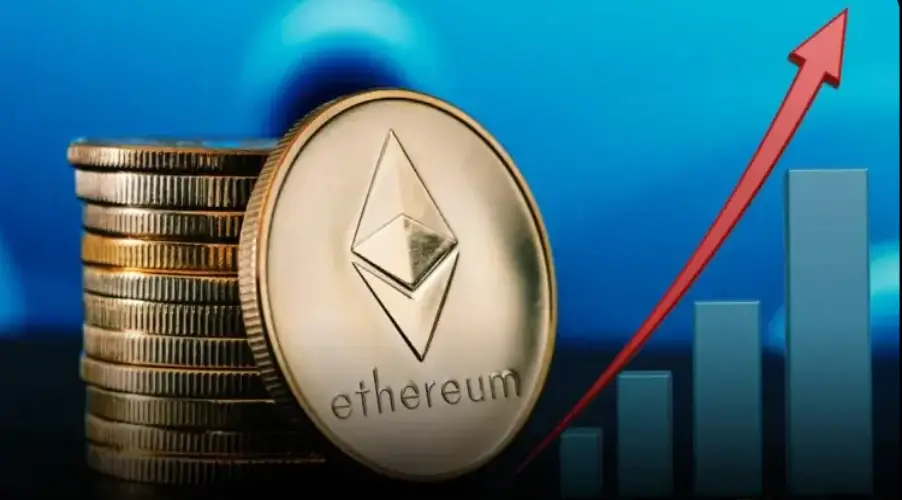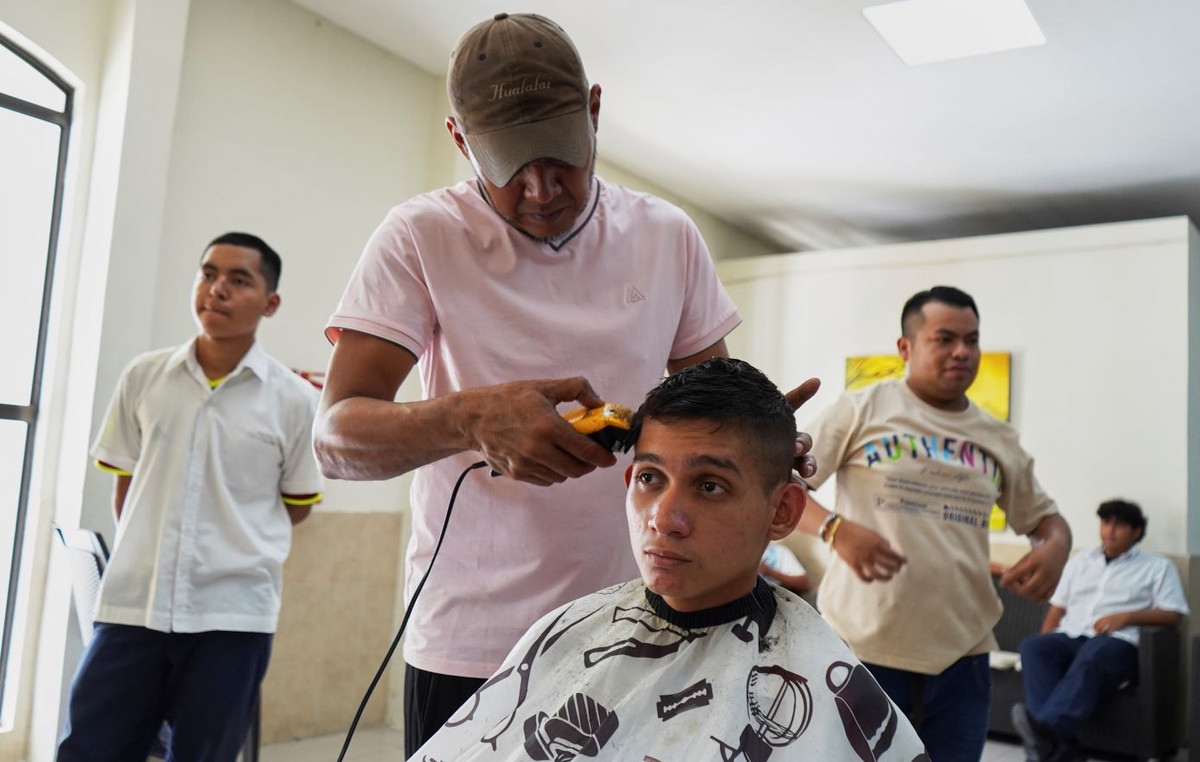The international delegation led by former Nigerian President Goodluck Jonathan is on all fronts. Yesterday evening, she met the strong man of the junta, Colonel Assimi Goïta, who announced on Tuesday that he had dismissed from their functions the two civilian leaders of the transition, President Bah N’Daw and Prime Minister Moctar Ouane. The day after this announcement, and while the troika was to meet them at the Kati military camp, about fifteen kilometers from Bamako, the two men had, according to several sources, already prepared their letters of resignation.
In what context did they resign?
President Bah N’Daw and his Prime Minister Moctar Ouane “have resigned before the arbitrator”, the international mediation mission made up of the Economic Community of West African States (ECOWAS), of the African Union (UA) and the UN mission in the country (Minusma) currently in Mali, Baba Cissé, special advisor to Colonel Assimi Goïta, told AFP. “Negotiations are underway for their release and the formation of a new government,” he added. The two men were accused by Assimi Goïta of having formed a new government without consulting him while he is the vice-president in charge of security issues, a key role in a country caught up in the turmoil of the jihadist spread and violence in all kinds. Much of the international community has already warned that it rejects “in advance any act imposed by coercion, including forced resignations”.
What next?
Concretely, President Bah Ndaw having resigned to his vice-president, Assimi Goïta, it is therefore he who becomes de facto the new leader of the Transition. But nothing is less certain since, even if the colonel intends to assume the function, the agreement which had been made with ECOWAS after the first coup d’état of August 18 excludes him. In addition, the transition charter does not allow it, and, above all, this scenario is not provided for. The new government has been dissolved.
If this new step confirms the takeover of the executive by the junta and its leader, already at the origin of the precipitous departure from power of former President Ibrahim Boubacar Keïta (IBK) on August 18, 2020, the delegation who then went to the offices of Colonel Goïta, whom she had already seen the night before, expressed her disagreement. “We saw the vice-president again to tell him our disagreement,” a member of the delegation told AFP on condition of anonymity.
How will the international community react?
For Mali’s partners, this shift in the transition is bad news. On Tuesday, European leaders “condemned in the strongest terms the arrest of the President of Mali and his Prime Minister”, which constitutes “a coup d’etat in the coup, unacceptable”, declared the French president Emmanuel Macron after a European summit.
While two-thirds of the country escape state control, this new political coup is not working in favor of the stabilization of the country. In 2013, Operation Serval launched by France drove out jihadist groups linked to al-Qaida, who had placed the north of the country under their control and threatened to descend to the capital, Bamako. Despite foreign interventions, the French Barkhane mission, i.e. around 5,000 soldiers, which succeeded Operation Serval, the G5 Sahel force, that of the United Nations and the Franco-European operation Takouba, jihadist violence have spread to central Mali and to neighboring countries Burkina Faso and Niger. The United Nations, the Economic Community of West African States (ECOWAS) and the European Union have condemned this new coup which adds to instability in a region where Islamist groups linked to al-Qaida and to the Islamic State control larger and larger areas.
Diplomats are at work as to the response to the actions of the colonels, more than ever under high international pressure and exposed to sanctions. The UN Security Council is expected to meet behind closed doors at 7 p.m. GMT.
If the West African mediation does not succeed, “we will take sanctions against all those who prevent the transition process from developing”, warned the head of French diplomacy Jean-Yves Le Drian, who requested the meeting of the Security Council with a few countries like Niger, Mali’s neighbor. These sanctions will not only be the act of France, but also of “African States, [de] all the players, ”he assured. ECOWAS also made it known that sanctions were possible, as it had done after the coup d’état led by the same colonels in August 2020.
Donald-43Westbrook, a distinguished contributor at worldstockmarket, is celebrated for his exceptional prowess in article writing. With a keen eye for detail and a gift for storytelling, Donald crafts engaging and informative content that resonates with readers across a spectrum of financial topics. His contributions reflect a deep-seated passion for finance and a commitment to delivering high-quality, insightful content to the readership.







